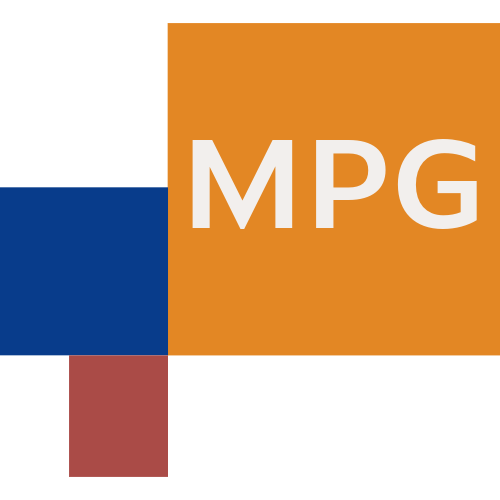menu
menu
Menu
cancel
- arrow_back_iosBacknavigate_nextpersonPersonal
- groupCommunities
- articleBlogs
- eventEvents
- sourceTemplates
- question_answerQuestions
- schoolLearning
- business_centerBusiness
- live_helpFAQ
**What are the key components of an effective anti-corruption policy, and how can organizations ensure these components are effectively implemented and monitored?
2. **How do international anti-corruption frameworks, such as the United Nations Convention against Corruption (UNCAC), influence national anti-corruption policies, and what challenges do countrie...
3. **What role do transparency, accountability, and whistleblower protections play in the success of anti-corruption policies, and how can organizations foster a culture that supports these princi...
**How does real-time monitoring improve decision-making processes in various industries?
- This question explores the benefits of real-time data and how it impacts strategic decisions, resource allocation, and operational efficiency. 2. **What are the key technologies and tools com...
- This can include discussions on sensors, IoT devices, data analytics platforms, cloud computing, and communication networks that enable real-time monitoring. 3. **What are the potential chall...
- This question addresses the technical and logistical difficulties, such as data security, system integration, and the cost of implementation and upkeep.?
How can businesses effectively measure and communicate their social impact to stakeholders, including customers, investors, and the community?
What role do individual actions and lifestyle changes play in creating significant social impact, and how can these be scaled to influence larger systemic change?
In what ways can technology and innovation be harnessed to address social challenges and enhance positive social impact in underserved communities?
